2020-2021 Series
October 28, 2020
Mingyao Ying, PhD
Title: Targeting Cancer Stem-like Cells for Brain Tumor Therapy
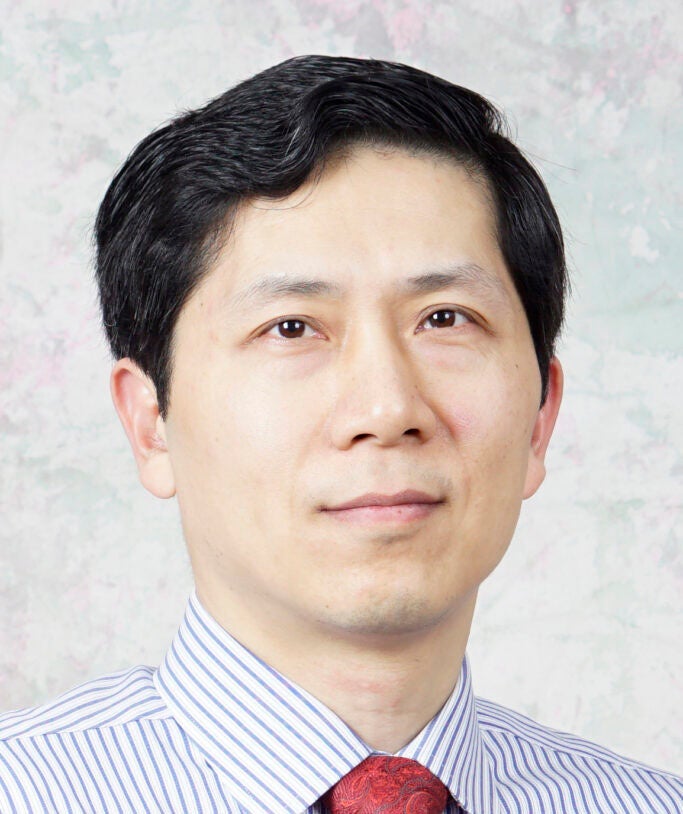
Dr. Ying focuses on developing more effective therapies for malignant brain tumors, including glioblastoma and medulloblastoma. He studies essential molecular mechanisms that support the self-renewal, tumorigenicity and therapeutic resistance of brain tumor stem-like cells. He further develops clinically translatable strategies to target these oncogenic mechanisms, based on drug repurposing.
He uses human induced pluripotent stem cells to establish brain tumor models for drug discovery, and applies the synthetic mRNA technology for brain tumor therapy.
Associate Professor of Neurology
Hugo W. Moser Research Institute at Kennedy Krieger
Johns Hopkins University School of Medicine
November 18, 2020
Kandice Tanner, PhD
Title: The Role of Tissue Biophysics in Organ Selectivity in Metastasis
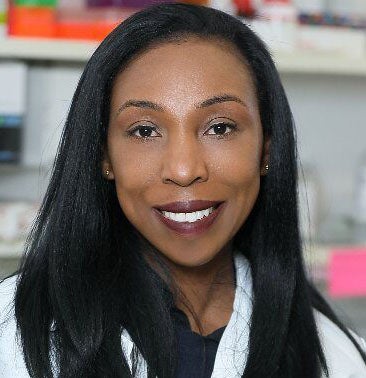
Dr. Tanner joined the National Cancer Institute as a Stadtman Tenure-Track Investigator in July, 2012, where she integrates concepts from molecular biophysics and cell biology to learn how cells and tissues sense and respond to their physical microenvironment, and to thereby design therapeutics and cellular biotechnology. She received tenure at NIH in 2020.
For her work, she has been awarded the 2013 National Cancer Institute Director’s Intramural Innovation Award, the 2015 NCI Leading Diversity award, Federal Technology Transfer Award in 2016 and 2018, the 2016 Young Fluorescence Investigator award from the Biophysical Society, and named as a Young Innovator in Cellular and Molecular Bioengineering in 2016 by the Biomedical Engineering Society.
Senior Investigator at Laboratory of Cell Biology
National Cancer Institute, NIH
December 9, 2020 at 1:00pm*
Hani Goodarzi, PhD
Title: The RNA Structural Code Underlying Pathological Regulation of RNA Splicing in Metastasis
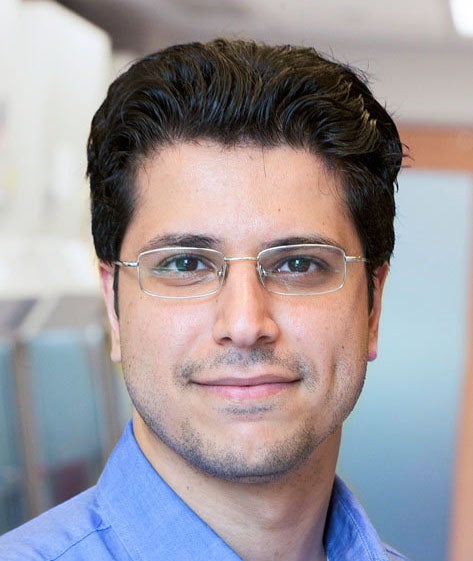
Dr. Hani Goodarzi is an Assistant Professor at the University of California, San Francisco. With a dual background in computational and experimental genomics, he brings a multidisciplinary approach to studying human disease.
His research is focused on developing strategies that enable an unbiased search for previously unknown pathways that drive oncogenesis, metastasis, and neurodegeneration. By developing novel technologies for genome-wide measurement of hard-to-quantify RNA molecules, he has made key discoveries about the role of oncRNA, tRNAs, and tRNA fragments in cancer metastasis.
On the computational front, Dr. Goodarzi is focused on building network analytical models that help elucidate key pathways and processes that drive human disease. In 2017, for his contributions to cancer research, he was awarded the Martin and Rose Wachtel Award in Cancer Research and was recently named a Kimmel scholar. He was previously a recipient of the prestigious Blavatnik award for young scientists as well as the Tri-institutional Breakout prize.
Assistant Professor
Department of Biochemistry and Biophysics
University of California San Francisco
February 17, 2021
Keith Chan, PhD
Title: Dying Cells-Induced Non-Classical Mechanisms of Therapeutic Resistance
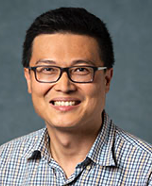
Dr. Chan is a translational scientist who is excited about cancer research that expediates experimental therapies into clinical trials that can benefit cancer patients.
His team focuses on investigating: i) how aberrant cellular differentiation impacts tumor characteristics, sub-typing and patient outcome, ii) how the interactions between cancer stem cells and the extracellular matrix or immune microenvironment can be exploited for therapeutic targeting.
Dr. Chan received his PhD from the University of Texas, MD Anderson Cancer Center in 2004. He was trained under the classical concept that epithelial cancers develop via a multi-step process. Through pathologic evaluation of tumor tissues, he developed the appreciation that cancer is a disease of aberrant cellular differentiation. He then joined Prof. Irving Weissman’s laboratory at Stanford University to continue his postdoctoral studies (2004-09).
He was amongst the first to isolate cancer stem cells (CSCs) from human bladder urothelial carcinomas, and investigated CD47 as a mechanism for immune evasion. Dr. Chan is currently an associate professor at Cedars Sinai Medical Center
Associate Professor
Cedars Sinai Medical Center Los Angeles, CA
March 17, 2021
Salil Garg, MD, PhD
Title: Gene Regulatory Mechanisms Driving Cell-To-Cell Variability
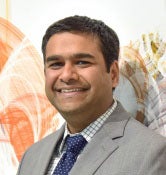
Dr. Garg’s lab focuses on the processes that generate heterogeneity in tumors and development and investigates the structures of genes and networks to understand how they contribute to variation and treatment failure in cancer.
Salil Garg, MD, PhD, is the Charles and Jennifer Johnson Clinical Investigator at the Koch Institute for Integrative Cancer Research at MIT. Trained through the Harvard/MIT-MD PhD Program at Harvard Medical School, Dr. Garg completed his doctoral thesis in the laboratory of Michael Brenner studying cellular trafficking in the immune system. Following clinical training, Dr. Garg completed postdoctoral work in the laboratory of KI member, MIT Institute Professor, and Nobel Laureate Phillip A. Sharp. He is board certified in clinical pathology and completed a fellowship in molecular genetic pathology at Massachusetts General Hospital, where he currently practices. In 2017, Dr. Garg was named a STAT Wunderkind, an accolade that honors the brightest young minds in life science for their work in academia, industry, and in the clinic.
Clinical Investigator
Koch Institute for Integrative Cancer Research
MIT
April 7, 2021
Jennifer Elisseeff, PhD
Title: Lessons in Translation: The Immune System in Tissue Repair and Biomaterial Response

Dr. Elisseeff is the Morton Goldberg Professor and Director of the Translational Tissue Engineering Center at Johns Hopkins Department of Biomedical Engineering and the Wilmer Eye Institute with appointments in Chemical and Biological Engineering, Materials Science and Orthopedic Surgery
Her lab’s clinical translation experiences in orthopedics and plastic surgery yielded the unexpected discovery of adaptive immune cells in the biomaterial response. The immune system is a first responder to trauma and depending on phenotype can orchestrate downstream processes including stem cell activation, vasculogenesis and new matrix production. Her lab is now working to understand the role of the immune system and cellular senescence in the biomaterial response and repair across different tissues. This research now serves as the basis for the design of regenerative immunotherapies and a new therapeutic target in regenerative medicine.
Professor of Biomedical Engineering
Johns Hopkins University
May 5, 2021
Jaewon Min, PhD
Title: “Telomerase-Independent Telomere Maintenance Mechanisms in Human Cancers”
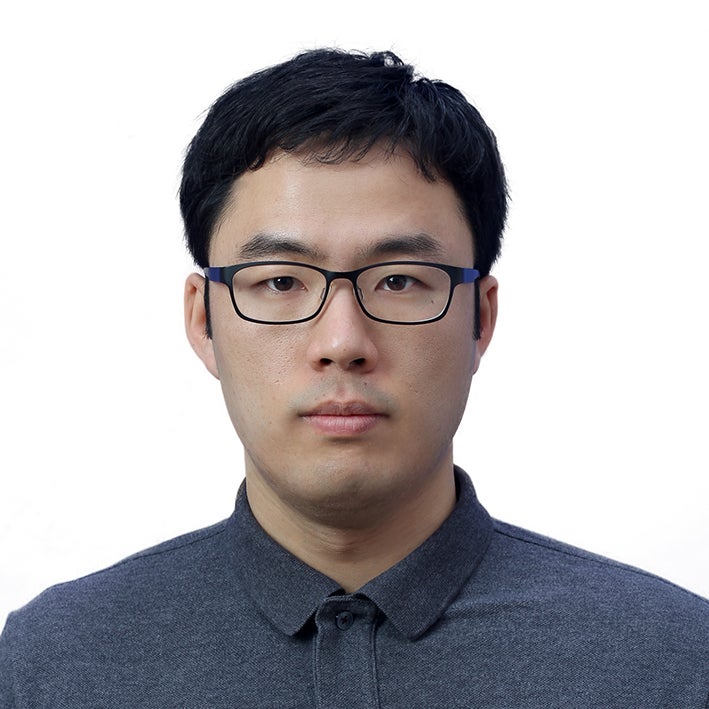
Dr. Min is interested in the
telomere maintenance mechanism that is essential for the initiation and progression of cancer. He has focused on the Alternative Lengthening of Telomeres (ALT) pathway, a telomerase-independent telomere maintenance mechanism that frequently occurs in mesenchymal origin human cancers (i.e. sarcomas and soft tissue tumors).
He has uncovered novel molecular mechanisms underlying ALT pathway from his series of published studies. He was the recipient of the CPRIT Postdoctoral Cancer Intervention and Prevention Discovery Training Program and NCI T32 Cancer Research Training Program.
Assistant Professor of Pathology and Cell Biology
Columbia University Medical Center
If you are interested in being a speaker at one of our Center for Cell Reprogramming Seminars, or if you have a topic you would like to hear please contact us here.
These seminars are for educational purposes and intended for the faculty, students and staff of Georgetown University.
In addition, these sessions are not recorded and closed to outside members of the public.
